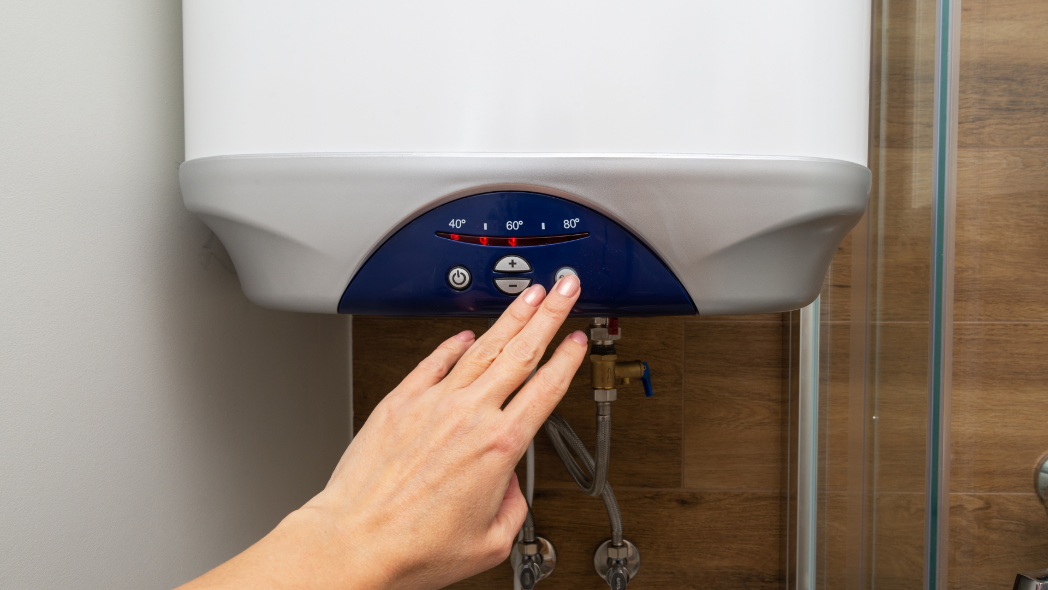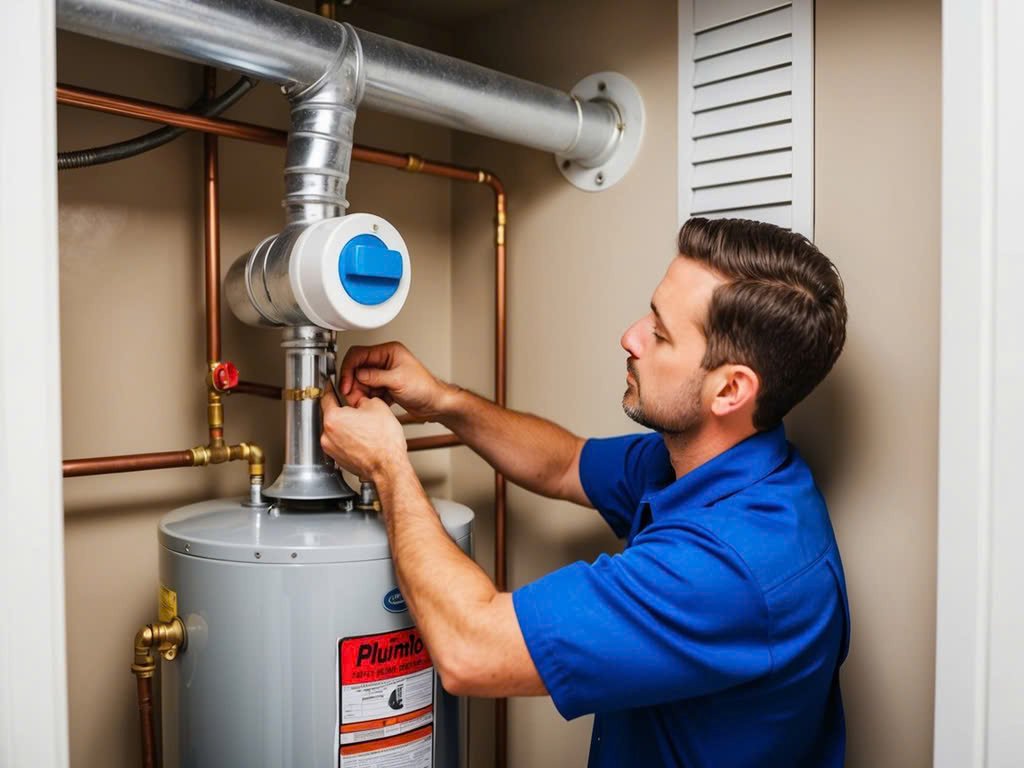The Future of Water Heating Technology
Explore the future of water heating technology with innovations that boost energy efficiency, reduce costs, and enhance home comfort.
Heating a home’s water supply is one of the largest energy expenses a homeowner will face. As we move towards a more energy-efficient world the question of how to optimize your hot water supply while lowering costs is always timely.
We’ve put together a list of water heating technologies that can replace conventional hot water tanks to keep your home running efficiently while also saving you money.
1. Heat Pump Water Heaters (HPWHs)
By transferring heat from the air or the ground rather than generating heat directly a heat pump water heater can be 3 or 4 times more energy efficient than traditional electric or gas water heaters resulting in thousands of dollars of savings in energy costs over the life of the unit.
During times of high demand these units will shift to a hybrid mode that guarantees hot water output while maintaining efficiency. They can also function as a dehumidifier in warmer climates.
Some important considerations for the installation of a heat pump water heater include:
Location: a location with a consistent ambient temperature will maximize year-round efficiency
Adequate Airflow: choose a spot with space around the unit for sufficient airflow. Restricted airflow will make the system work harder and reduce its efficiency.
System Sizing: A professional can advise you on the size of unit required for your household’s needs. A system that is too small or too large will not operate efficiently.
Because heat pump water heaters are considered an energy-efficient upgrade they may qualify for rebates and incentives to reduce the upfront costs – meaning even more savings for the homeowner.
2. Tankless Water Heaters
With the ability to instantly produce hot water on demand the tankless water heater is a popular choice for homeowners looking for space saving solutions that lower costs.
Their compact size means tankless water heaters can be installed in flexible locations to maximize the usable space in your home. They can be mounted in a closet, basement, or garage either inside or outside the home. Combined with their limitless supply of hot water on demand, tankless hot water heaters offer the advantage of maximizing your home’s usable space while lowering energy costs. However, in some cases, depending on household size, plumbing setup, or upfront costs - installing a tankless water heater may not be right for your home.
Another benefit of tankless hot water heaters is their lifespan. These units can last up to two times as long as traditional tank water heaters, providing an even greater investment.
For larger households the hybrid tankless solution may also be worth exploring as it provides a small buffer tank for hours of peak demand to provide the best of both worlds.
3. Hydrogen-Powered Water Heaters
An emerging technology that holds promise for zero-carbon heating is the hydrogen boiler. This technology functions through the controlled burn of hydrogen in pure oxygen rather than in atmospheric air which makes them a zero-emissions alternative.
Hydrogen heaters use a fuel cell as an energy converter. In traditional water heaters, gas or oil is burned to generate heat – a process which produces emissions. In fuel cell heaters, hydrogen acts as the fuel source and the heat is produced through a reaction with oxygen to generate electricity and heat without harmful emissions.
Where the infrastructure exists for hydrogen delivery this solution is a safe and renewable source for reliable hot water, and one to watch for the future.
4. Magnetic Induction Water Heaters
Leveraging the power of electromagnetic induction to heat water without combustion, a magnetic induction water heater offers several benefits to the homeowner.
These units produce alternating electric currents to generate a magnetic field around its coils, which in turn create resistance to heat the water passing through extremely quickly.
As a result, magnetic induction water heaters offer the benefits of energy efficiency while providing on demand hot water to the home. They also requiring minimal maintenance due to the absence of direct contact between the heating element and water, meaning less corrosion and scale buildup.
5. Smart Water Heaters
No matter which solution you choose for your home’s hot water supply, a smart water heater is a great way to get even more from your system.
By connecting your water heater to your device via wi-fi or Bluetooth you can create schedules that leverage the natural rhythms of your home to produce more or less hot water – maximizing your comfort while lowering unnecessary costs. In the event of a leak or malfunction you will also receive a notification, allowing you to proactively address maintenance issues and get ahead of costly water heater repairs.
In addition to analyzing the usage patterns of your home to predict and optimize output, smart water heater technology allows you to set precise temperatures for different demands such as your shower, dishwasher and washing machine so you can maximize the benefits of your monthly energy spend.
Conclusion
It is always a good time to address the energy-efficiency and output of your home water heating system, and never more so than now with available solutions that will increase the reliability of available hot water while decreasing your carbon footprint and total costs.
With the emergence of new water heating technologies to suit every home and environment, it’s a good idea to explore all available options before installing your new system. Consulting a professional to get the best advice for your hot water needs and budget will maximize your comfort and your long term savings.









